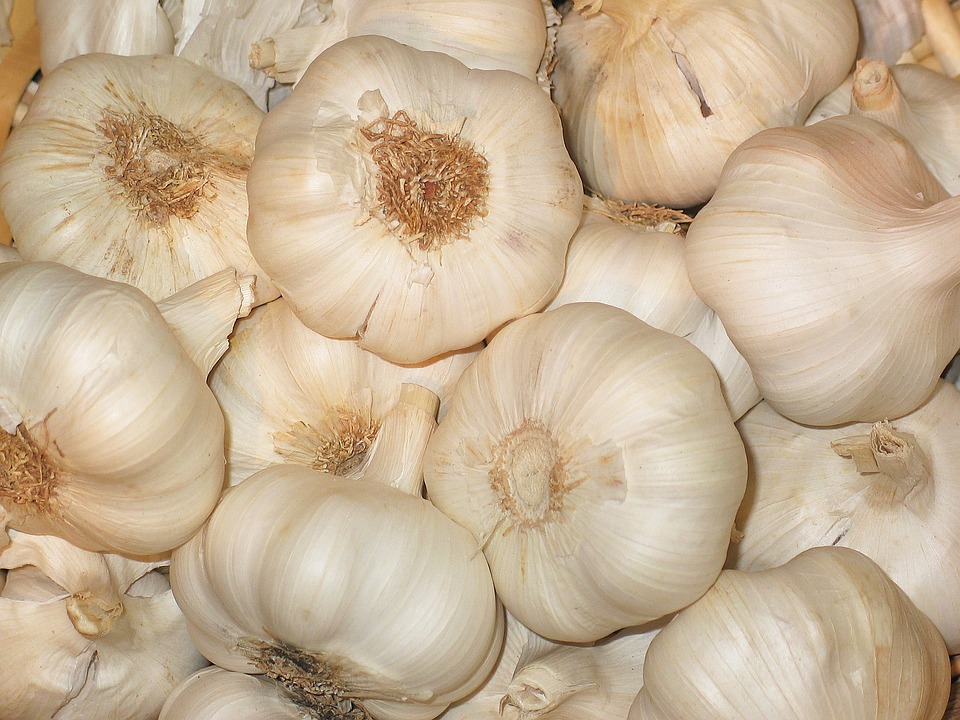Introduction
Edible gardens have gained significant popularity in recent years due to the growing interest in sustainable living, healthy eating, and environmental stewardship. An edible garden is a small-scale garden space where fruits, vegetables, herbs, and other edible plants are grown. It provides individuals with the opportunity to reconnect with nature, promote better health, and contribute positively to the environment. In this article, we will explore the various benefits of edible gardens and how they can enhance our overall well-being while fostering a sense of environmental responsibility.
Health Benefits
1. Nutritional Value: Edible gardens offer fresh and nutritious produce rich in vitamins, minerals, and antioxidants. By growing your own fruits and vegetables, you have more control over how they are cultivated and can avoid harmful pesticides and chemicals often found in store-bought produce.
2. Physical Activity: Gardening is considered moderate-intensity exercise, providing a great way to stay active and improve overall fitness. From digging and weeding to planting and harvesting, these activities engage various muscle groups, improve flexibility, and support weight management.
3. Mental Well-being: Spending time in nature and engaging in gardening activities has been shown to reduce stress, anxiety, and depression. The calming effect of being outdoors and connecting with plants can improve mental clarity and promote a sense of relaxation.
Environmental Stewardship
1. Reduction of Food Miles: Growing your own food reduces the distance it travels from farm to plate, minimizing carbon emissions associated with transportation. By eliminating the need for long-distance shipping, edible gardens contribute to a more sustainable and environmentally friendly food system.
2. Biodiversity Maintenance: Edible gardens provide habitats for a variety of beneficial insects, birds, and butterflies. Creating a diverse range of plants helps promote pollination, natural pest control, and overall ecosystem health.
3. Water Conservation: Edible gardens can be designed to optimize water usage through techniques like mulching, drip irrigation, and rainwater harvesting. These practices reduce water waste and decrease reliance on traditional water sources.
Economic Benefits
1. Cost Savings: Growing your own food can lead to significant savings on grocery bills. Additionally, by investing in perennial plants, such as fruit trees or herbs, you can enjoy continuous harvests year after year with minimal maintenance expenses.
2. Self-Sufficiency: Edible gardens empower individuals to become more self-sufficient by meeting their own food needs. This self-reliance not only saves money but also fosters a sense of accomplishment and resilience.
FAQs
What types of plants are suitable for an edible garden?
There is a wide range of edible plants that can thrive in an edible garden. Common choices include vegetables like tomatoes, lettuce, and peppers, as well as fruits such as strawberries, blueberries, and apples. Herbs like basil, mint, and rosemary are also popular additions.
How much time and effort does maintaining an edible garden require?
The amount of time and effort required depends on the size of the garden and the plants chosen. Initially, setting up an edible garden requires more time for soil preparation, planting, and building the necessary infrastructure. However, as the garden matures, the maintenance tasks, such as watering, weeding, and fertilizing, become less time-consuming.
Can edible gardens be grown in small spaces?
Absolutely! Edible gardens can be created in small spaces like balconies, patios, or even windowsills. Utilizing vertical gardening techniques, hanging baskets, and patio containers, one can maximize the productivity of limited areas.
Are edible gardens suitable for all climates?
While some plants have specific climate requirements, there are edible options available for almost every climate zone. By choosing suitable plant varieties and implementing appropriate growing techniques like using greenhouses or cold frames, edible gardens can thrive in various climates.
What resources are available to help beginners start an edible garden?
There are numerous resources available both online and offline to assist beginners with starting an edible garden. Local gardening clubs, community centers, and public libraries often offer workshops or classes. Additionally, online platforms provide access to comprehensive guides, forums, and instructional videos for guidance at every stage of the gardening process.




